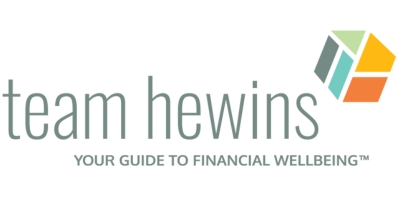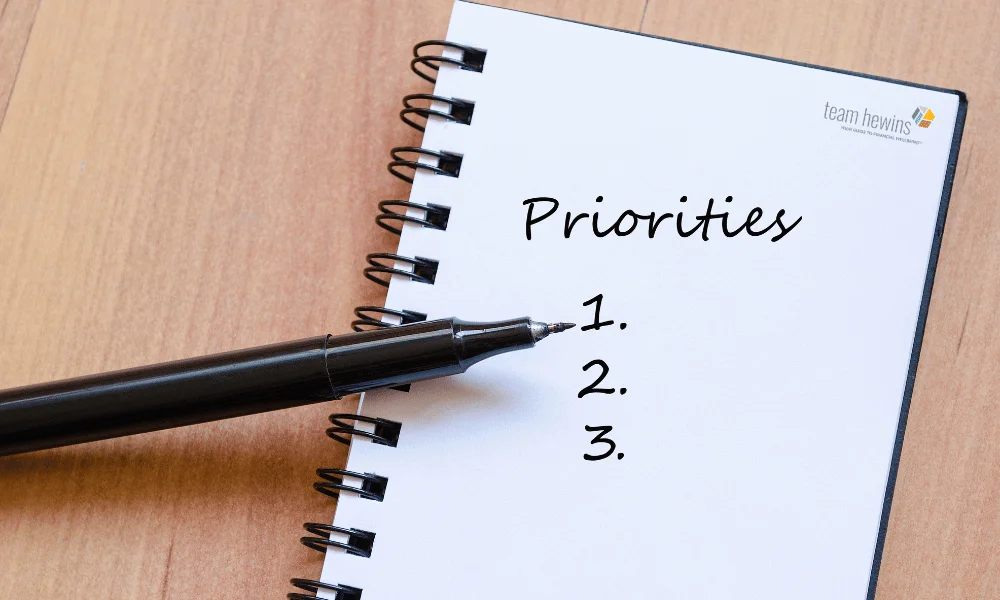Sticking to healthy financial habits can be difficult. In a fast-paced world inundated with materialism and the desire to accumulate more, it’s easy to lose sight of your values and the things that matter the most. Unfortunately, the way we spend our money is often disconnected from our goals and priorities, which can lead to a nagging sense of financial dissonance and dissatisfaction. In contrast, truly aligning your values with your spending can lead to a higher sense of purpose, contentment, and help you maintain healthy financial habits.
Let’s take a closer look at the importance of aligning your financial decisions with your values and how to do it.
Why You Should Align Your Values with Your Finances
1. Create Healthier Financial Habits
Making financial decisions that align with your values is the cornerstone of building and maintaining healthy financial habits. When spending and investment choices reflect your core beliefs and priorities, you establish a clear and purpose-driven approach to managing your money. This alignment provides a strong foundation for responsible financial behavior and decision making.
By integrating your values into your financial decisions, you develop a sustainable framework for healthy financial habits. This intentional alignment empowers you to make informed choices that resonate with your values and you tend to avoid making decisions that go against those values.
2. More Contentment and Purpose
Aligning your values with your financial decisions is a powerful catalyst for cultivating a greater sense of contentment and purpose in your life. When you intentionally integrate your core beliefs and priorities into your money matters, each financial choice becomes a reflection of your personal values.
This alignment provides a clear sense of purpose, as your spending, saving, and investing activities are directed toward what truly matters to you. As a result, you experience a deeper connection to your financial journey, finding satisfaction in knowing that your resources are being used in ways that align with your principles.
How to Align Your Values with Your Finances
Now let’s delve into how to actually align your values with your money. Here are 5 ways of creating healthy financial habits:
1. Identifying Your Values
The first step is to take stock of what you value. Identifying your values is a deeply personal journey that goes beyond mere numbers. Start by reflecting on what truly matters to you: is it security, freedom, family, or personal growth? Identifying the principles that motivate you will help guide your financial habits and actions. Consider your long-term goals and aspirations. Ask yourself, “What brings me joy, and what am I willing to sacrifice for financial success?” By connecting with your core values, you can make more informed financial decisions that resonate with your authentic self.
2. List Your Financial Priorities
Once you’ve identified your values, it’s time to clarify what’s important to your financial wellbeing right now. Do you want to set more money aside for retirement? Save for annual vacations or your child’s education? Perhaps your priorities are more emotional. Do you want to feel secure? Gain confidence in your financial decisions?
It can also be helpful to ask yourself the following questions:
- What do you want to save for?
- What does that look like to you?
- Considering your current financial situation, what’s possible and what’s unattainable?
Make sure that as you list your priorities, you reflect on how these align with your values. The more aligned they are, the easier it will be to maintain good financial habits.
3. Create a Plan That is Aligned With Your Values
To help you understand how to improve your money habits, break down your short-term and long-term goals into small, achievable steps. This will help you work toward your goals methodically, empowering you to develop and maintain healthy financial habits.
As part of your plan, build out a budget to make sure that you are saving or investing toward your priorities. This budget will help you allocate your resources in a more intentional way.
Try to remain patient with yourself. Rome wasn’t built in a day, so making smarter choices and committing to good financial habits will take time. But whether your values revolve around taking care of family members or your own personal development, mapping out measurable, achievable, and time-bound steps is a crucial part of aligning your money and values.
For more inspiration on creating a list of priorities and a plan, read our blog 5 Benefits of Personal Financial Planning (& How to Do It)
4. Review Your Priorities and Financial Habits Regularly
Finally, be open to change, embrace the unknown, and be prepared to pivot when necessary. Team Hewins advisors recommend reviewing your finances at least once a year, or when something in your life has changed (job loss, major promotion, etc.).
As life evolves, your values and priorities will, too. Reviewing and reassessing your goals and financial habits will ensure that they continue to align with your values. Remember that life is always changing. Staying adaptable allows you to maintain your core values while navigating the inevitable ups and downs of life.
5. Pass on Healthy Financial Habits to the Next Generation
Teaching your children and grandchildren healthy financial habits can have a major impact on their future. Sharing your values with your family and involving them in discussions about money will teach them the importance of intentional spending, saving, and investing. Instilling these principles early will help family members develop into responsible and values-driven individuals with smart financial habits.
Your Money and Your Values: What Matters Most?
Effectively aligning your values with your money is a transformative process that goes beyond financial management. It’s about living a purpose-driven life that is in synch with your priorities.
By understanding your values, identifying intentional goals, budgeting consciously, and developing healthy financial habits, you can achieve a harmonious relationship between your values and your money. The true measure of wealth isn’t just dollars and cents. It’s aligning your financial choices with the things that bring you genuine joy, purpose, and fulfillment.
Working with a Team Hewins CERTIFIED FINANCIAL PLANNER™ professional can help you develop the right strategy to achieve your financial goals. Schedule your free consultation today!






